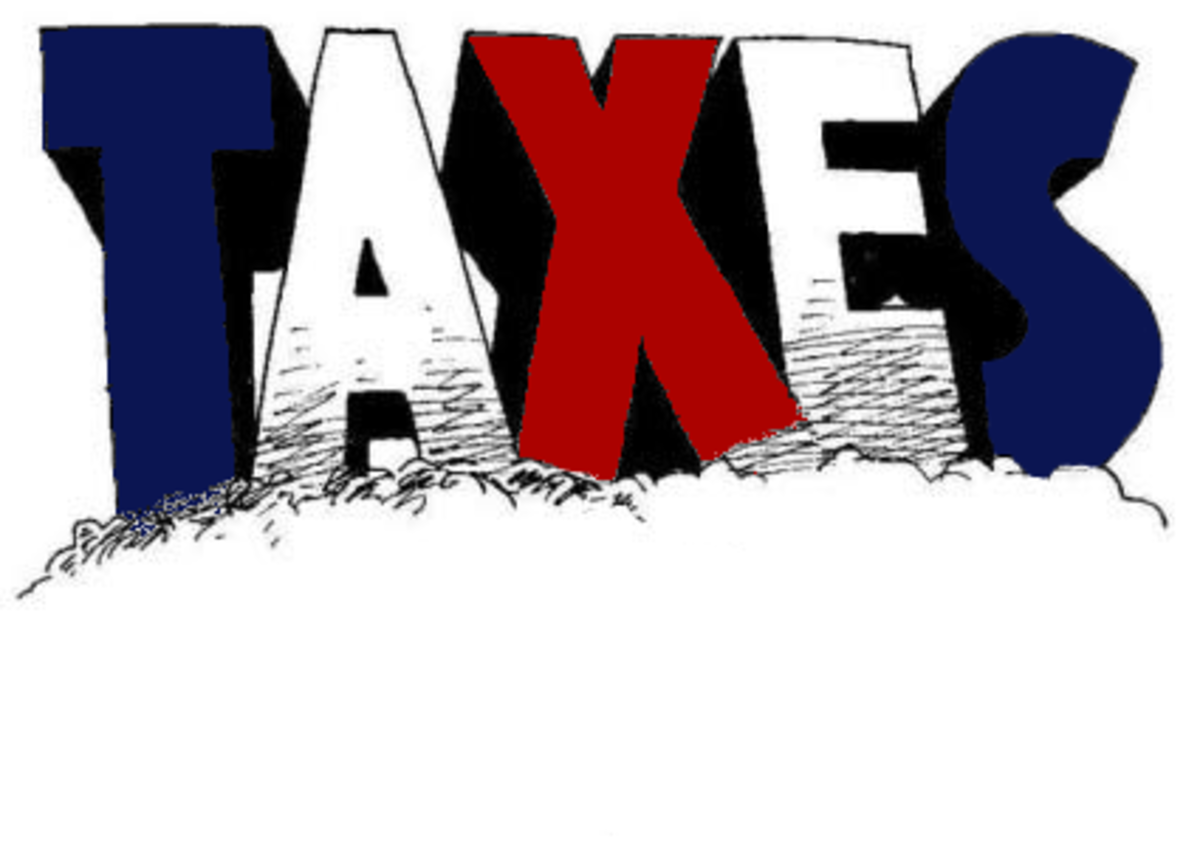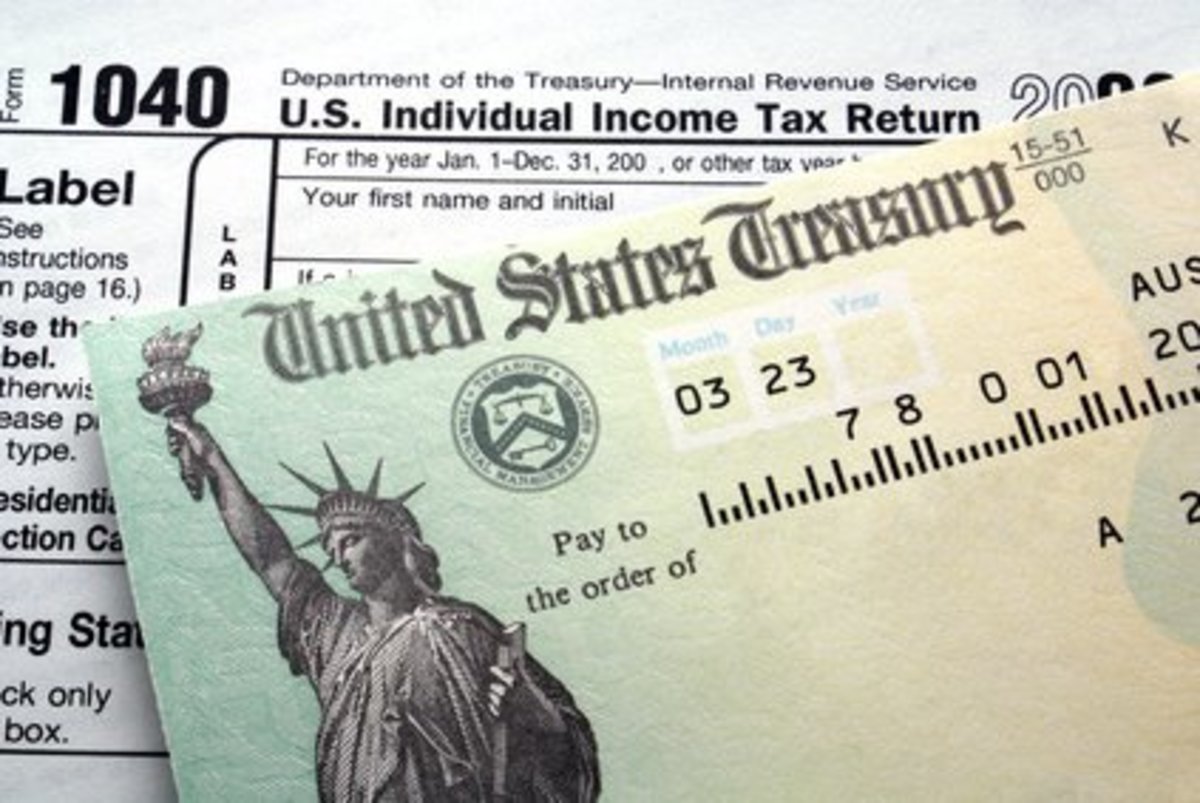Extent of the Income Tax Ordinance, 2001
Extent of the Income Tax Ordinance, 2001:
The Income Tax Ordinance, 2001 applies to the whole of Pakistan. The definition of word "Pakistan" has been provided in Article 1(2) of the Constitution of Pakistan, 1973. The following territories have been included therein:
1) Pakistan shall be a FederalRepublic to be known as the Islamic Republic of Pakistan.
2) The territories of Pakistan shall comprise—
a) The territories of Balochistan, the North-West Frontier, the Punjab and Sindh;
b) The IslamabadCapitalTerritory.
c) The Federally Administered Tribal Areas; and
d) Such States and territories as are or may be included in Pakistan, whether by accession or otherwise.
3) [Majlis-e-Shoora (Parliament)] may by law admit into the Federation new States or areas on such terms and conditions as it thinks fit.
a) "Tribal areas" means the areas in Pakistan which; immediately before the commencing day, were Tribal Areas, and includes—
i) The Tribal areas of Balochistan and the North-West Frontier Province; and
ii) The former States of Amb, Chitral, Dir and Swat;
b) "Provincially Administered Tribal Areas" means---
i) The district of Chitral, Dir and Swat (which includes Kalam), the [The Tribal Area in Kohistan district], Malakand Protected Area, the Tribal Area adjoining [Mansehra] district and the former State of Amb: and
ii) Zhob district, Loralai district (excluding Duki Tehsil), Dalbandin Tehsil of Chgai District and Marri and Bugti Tribal territories of Sibi district; and
c) "Federally Adminstered Tribal Areas" includes---
i) Tribal Areas adjoining Peshawer district;
ii) Tribal Areas adjoining Kohat district;
iii) Tribal Areas adjoining Bannu district;
iv) Tribal Areas adjoining Dera Ismail Khan distrct;
v) Bajaur Agency;
vi) Orakzai Agency;
vii) Mohamand Agency;
viii) Khyber Agency;
ix) Kurram Agency;
x) North Waziristan Agency; and
xi) South waziristan Agency.
Sources / components of Income Tax law:
The following are the constituents of income tax law in Pakistan:
1) The Legislative Law, i.e. The Income Tax Ordinance, 2001.
2) The Procedural Law, i.e. The Income Tax rules, 2002.
3) The notifications, circulars etc. issued by the FBR.
4) The case law
5) Finance Acts or Ordinances.
1) Income Tax Ordinance, 2001:
Income Tax Ordinance, 2001 is the basic component of income tax law in Pakistan. All the income tax law revolves around the Income Tax Ordinance, 2001. All matters of taxation regarding computation of taxable income, computation of tax liability, payment of tax, recovery of tax, appeals, refund, penalties and prosecution etc. have been discussed in the Ordinance. The Income Tax Ordinance, 2001 has 240 sections which have been discussed in 13 chapters. Each chapter deals with a particular subject and has been divided into parts. Many parts have been further subdivided into divisions. There are also Seven Schedules of the Income Tax Ordinance, 2001. Each Schedule deals with a particular subject and has been divided into parts. Some parts are further subdivided into divisions. Schedules are also treated as part of the Ordinance.
2) Income Tax Rules:
The FBR being the regulatory body and the highest income tax executive authority in Pakistan is empowered to make rules regarding the procedural matters connected with the implementation of the concerned laws like the Income Tax Ordinance, 2001. These rules are made for the guidance of its officials as well as the tax payers. The FBR under the authority of section 237 of the Income Tax Ordinance, 2001 made the Income Tax Rules, 2002. These rules were published on July1, 2002 in Extraordinary Gazette of Pakistan at pages 1819 to 1966. Income tax rules have the same force as the sections in the Income Tax Ordinance and such are implemented in the same manner.
3) Notifications, Instructions, Orders, SROs etc.:
Notifications, instructions, orders, SROs etc. are issued by the FBR u/s 206 of the Income Tax Ordinance, 2001 for the guidance of its officials. Similarly, the Federal Government is also empowered u/s 53 of the Income Tax Ordinance, 2001 to exempt certain types of Income or specific persons from income tax and to prescribe special reduced rates for certain persons or allow a reduction in tax liability by making amendments to the Second Schedule to the Ordinance. Such amendments are usually made by way of statutory Regulatory Orders (SROs) issued by the Federal Government by notification in the official gazette. However, all such amendments during a particular financial year have to be placed before the national Assembly at the end of that year.
4) Income Tax Case Law:
Different disputes arises in respect of rendering the income tax under the taxable limits, assessment of persons, payment and recovery of tax, refunds etc. brought about before the competent authorities for decision in respect of above-mentioned disputes. When such disputes are decided, these decisions are not only help in setting the present disputes but also for future decisions and reference to such decisions is subsequently made in order to get necessary guidance.
5) Finance Acts or Ordinances:
In order to fulfill the budgetary requirements and other social and economic needs of the country, some important amendments are made in the prevailing income tax ordinance every year. Such changes should be approved by the assembly, if Assembly is not in existence, President of Pakistan shall approve these changes. If such annual changes are approved by the National Assembly, are called Finance Act and if these are approved by President, are called Finance Ordinance. Finance Act or Ordinance is presented for the guidance regarding procedure of the computation, assessment and administration etc. for the coming tax year. For example, Finance Act, 2008 was used to compute taxable income, tax liability etc. of tax year 2009.








